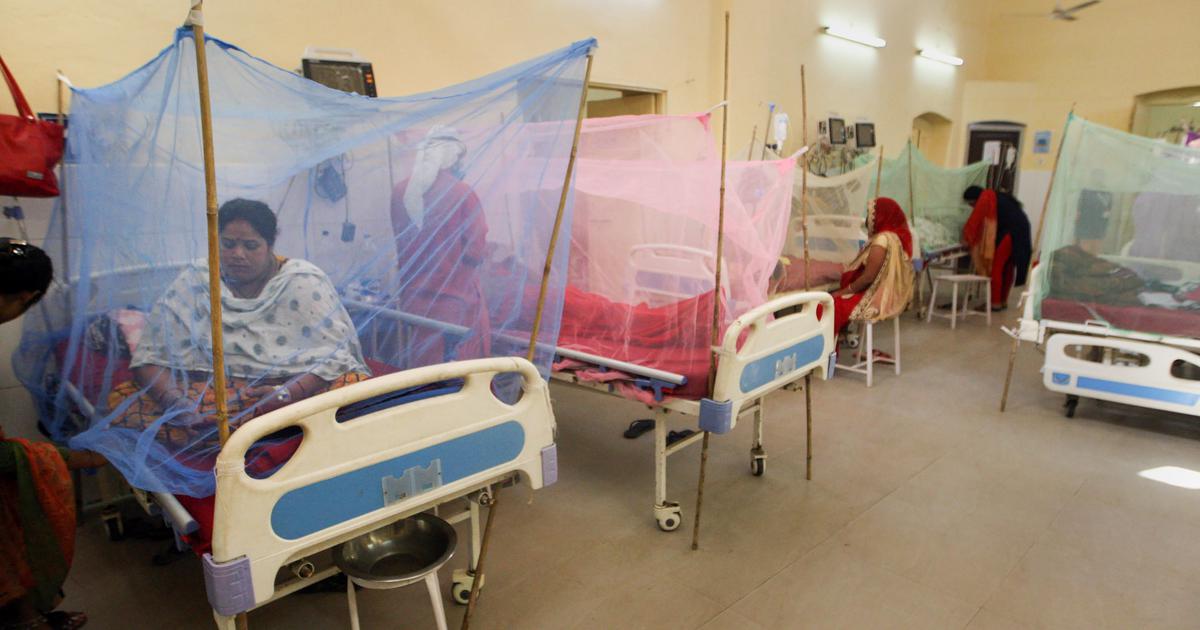Finance Minister calls for ‘Charter of Economy’ to resolve Pakistan’s economic challenges 2025

ISLAMABAD, Federal Minister for Finance and Revenue, Senator Muhammad Aurangzeb, has called for the creation of a “Charter of Economy” to address Pakistan’s ongoing economic crises. Speaking at a gathering of farmers and stakeholders in Kamalia, Toba Tek Singh, Aurangzeb emphasised the need for unity among all stakeholders to tackle the country’s pressing economic issues.
The finance minister highlighted agriculture and information technology (IT) as the critical sectors for Pakistan’s economic future, stating, “We are very clear: agriculture and IT have to lead this country as we move forward.” He underlined that both sectors must be prioritised to ensure sustainable economic growth and overcome the challenges posed by the current economic instability.
Aurangzeb also discussed the role of the International Monetary Fund (IMF) program, which is aimed at stabilising the country’s economy. He acknowledged that any difficulties faced by agriculture and IT are largely due to internal challenges and stressed the importance of finding solutions to promote these sectors.
⇒Concerns Over Agricultural Sector and Research Funding
The finance minister expressed concern over the underperformance of agricultural research institutions, noting that despite their efforts, the desired results in boosting crop yields have not been achieved. He pointed out that a large portion of the agricultural sector’s budget (around 80%) is spent on salaries, leaving only 20% for actual research and development. Aurangzeb called for a reevaluation of funding priorities to ensure that more resources are allocated to agricultural research.
⇒Macroeconomic Stability and Path to Sustainable Growth
Aurangzeb further explained that the government has successfully achieved macroeconomic stability, which he termed as a crucial foundation for GDP growth. He reassured that, based on these achievements, Pakistan’s economy is now positioned to transition toward sustainable growth from 2025 onwards. Independent sources, he added, have also corroborated the government’s claim of economic stability, adding credibility to the nation’s economic progress.
Taxation and Energy Sector Reforms
Aurangzeb reiterated the government’s commitment to reforming Pakistan’s taxation system, with an emphasis on improving the tax-to-GDP ratio, which currently stands at 9-10%. The government aims to increase this ratio to 13.5%. He announced plans to simplify the taxation process, digitise the system, and reduce human intervention to enhance efficiency and reduce corruption.
On energy reforms, the minister expressed hope that energy tariffs would decrease in the coming years. Efforts are being made to address leakages in the electricity distribution companies (DISCOS) through private sector engagement, he said, adding that the government’s role is to ensure effective regulation while encouraging the private sector to take the lead in driving the economy forward.
⇒Plans for Reforming Public Sector Entities
Aurangzeb also touched on the government’s plans to shut down the Pakistan Agricultural Storage and Services Corporation (PASSCO) and establish a more efficient system for maintaining strategic reserves, potentially through private sector involvement. He raised concerns about the effectiveness of the Higher Education Commission (HEC) and suggested a review of its role in fostering academic and research excellence.
⇒Examples of Self-Sufficiency: Sialkot and Kamalia Khaddar
Citing Sialkot as a role model for self-sufficiency and Kamalia Khaddar as an example of a world-class brand, the minister urged stakeholders to learn from these examples to help drive Pakistan’s economy forward.
⇒Commitment to Farmers and Stakeholders
Aurangzeb assured the farmers and other stakeholders of the government’s full support in addressing their concerns and grievances. He emphasised that the government is committed to serving the people and would ensure that their suggestions are taken into account during the policy-making process. “If we say we are here to serve the people of Pakistan, then we have to go wherever people are,” he stated, underlining that the budget process would involve consultations with stakeholders across the country rather than being limited to Islamabad.

United States Imposed New Sanctions on Russia, Says Trump
The United States has imposed new sanctions on Russia to pressure President Vladimir Putin to end the war in Ukraine.…
Israel Passes Bill to Annex Occupied West Bank Territory
The Israeli parliament has given initial approval to a controversial and illegal bill to annex the occupied West Bank. This…
PAF Chief Visits Romania to Boost Defence Ties
Rawalpindi: During an official visit to Romania, Air Chief Marshal Zaheer Ahmed Baber Sidhu, Chief of the Air Staff of…
“Iran Is the True Face of Terrorism, But the Door to Friendship Remains Open”
Washington — The White House has strongly reacted to remarks made by Iran’s Supreme Leader Ayatollah Ali Khamenei, who recently…

Rapid increase in HIV cases among children in Nawabshah
A serious health concern has come to light in Sindh, as officials have reported a rapid increase in HIV cases…
Dengue and Malaria Cases Continue to Rise in Interior Sindh
Dengue and malaria continue to spread rapidly across Hyderabad and several districts of interior Sindh, as hospitals remain flooded with…
An incident of violence against polio workers in Karachi
An incident of violence against polio workers in Karachi took place in FB Area Block 14, Goharabad. A team giving…
258 Prisoners in Balochistan Jails Suffer from TB, AIDS, and Hepatitis
A recent health report has revealed that 258 prisoners in Balochistan jails are suffering from TB, AIDS, and Hepatitis. These…

High Costs, Low Confidence: Pakistan’s Economic Trap
Writer : Chaudhry Muhammad Sarwar In much of the developed…2 hours ago
United States Imposed New Sanctions on Russia, Says Trump
The United States has imposed new sanctions on Russia to…10 hours ago
Maryam Nawaz Launches Free Flight Card for Skilled Youth
The Punjab government has taken an important step to boost…11 hours ago
Israel Passes Bill to Annex Occupied West Bank Territory
The Israeli parliament has given initial approval to a controversial…12 hours ago
















